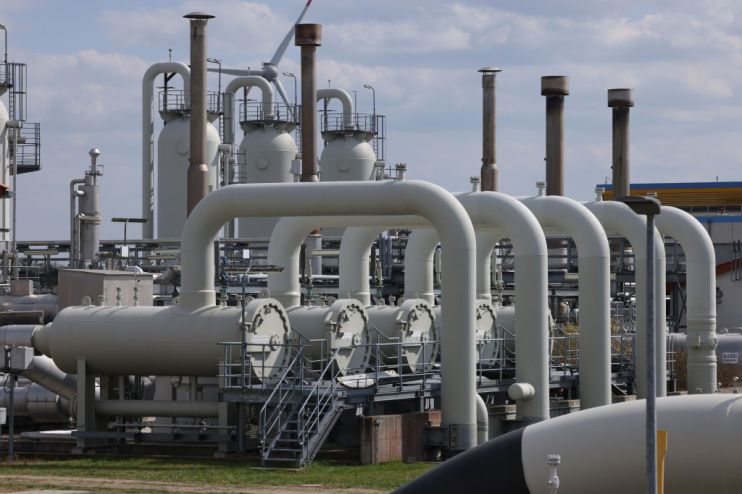Russia-Ukraine war generates new headwinds for European economy

Russia’s invasion of Ukraine is generating fresh headwinds that will choke the European economy, reveal official forecasts published today.
Surging energy prices caused by concerns over supply security following Moscow sending troops into Ukraine are set to strain households and businesses on the Continent.
High input prices are likely to weigh on production, while elevated living costs will push spending lower than first expected.
Weaker projected activity levels led the European Commission today to downgrade its forecasts for growth in the bloc to 2.7 per cent this year from four per cent just a few months ago.
The downgrade came as analysts at Dutch bank ING warned a slow down in retail sales and “anti-Covid lockdowns” will result in China’s economy shrinking one per cent this quarter.
Paolo Gentiloni, commissioner for economy, said: “Russia’s invasion of Ukraine is causing untold suffering and destruction, but is also weighing on Europe’s economic recovery.”
“The war has led to a surge in energy prices and further disrupted supply chains, so that inflation is now set to remain higher for longer.”
The Commission now expects inflation to peak at 6.9 per cent in the second quarter of this year and decline thereafter.
Despite historic high price rises, the European Central Bank has yet to take interest rates out of negative territory where they have been for around a decade.
The Bank of England became the first top monetary policy to lift rates last December, while the US Federal Reserve lifted borrowing costs 50 basis points at its last meeting for the first time since 2000.
Inflation is running at seven per cent in the UK, a 30-year high, while it is at a 40-year high across the pond at 8.3 per cent.
Europe is heavily reliant on Russia for gas, meaning higher prices and supply disruption caused by the war will make it challenging for businesses to maintain normal production levels.
Germany’s – the Continent’s economic power house – industrial sector generates a large proportion of its national output. Energy shortages and higher gas prices will likely choke the country’s economy.
The IMK institute estimates a sudden embargo on Russian energy in an attempt to ratchet up sanctions could deal between €114bn and €286bn blow to the German economy, representing around three per cent to eight per cent of GDP.
Berlin has been resistant to a full-blown Russian gas ban, but has backed an oil embargo by the end of the year.
Similar to other rich nation economies, Europe’s labour market is in rude health. “Unemployment rates are forecast to decline further, to 6.7 per cent this year and 6.5 per cent in 2023 in the EU,” the Commission said.